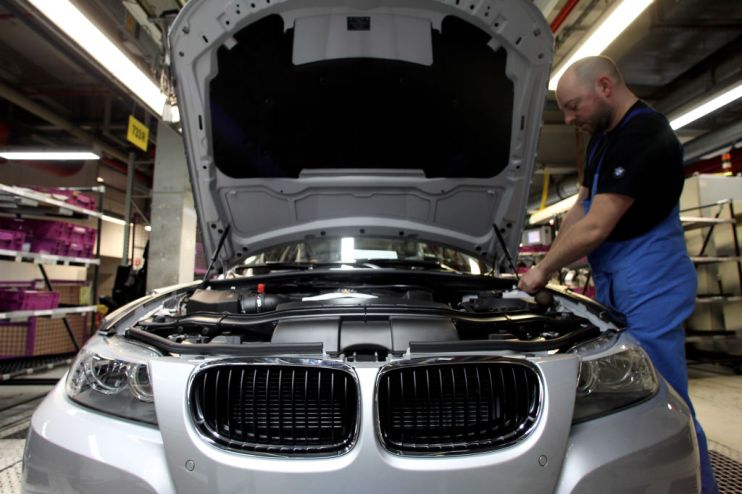German growth in 2019 worst since Eurozone crisis, says Bundesbank

Germany’s central bank has predicted that the country’s economy grew last year at its slowest pace since the Eurozone crisis as its manufacturing sector was badly shaken by global trade tensions.
The Bundesbank today estimated that Europe’s biggest economy grew by just 0.6 per cent last year. This would be the worst figure since 2013, when the single currency area was still mired in a sovereign debt crisis.
The central bank’s monthly report said the division of the German economy into two continued in the final quarter of the year. “The domestic economy continued to give impetus,” it said, continuing the trend of consumer spending and services propping up the economy.
Yet the report said “the downward movement in export-oriented industries continued”. Traditionally the motor of Germany’s growth, the production of goods for export has been badly hurt by a slowdown in global trade driven by the US-China trade war.
In a report published today, the International Monetary Fund (IMF) reiterated its prediction that the German economy grew by 0.5 per cent in 2019 – an even gloomier forecast than the Bundesbank’s.
IMF chief economist Gita Gopinath said that the signing of the “phase one” US-China trade deal will benefit global trade over the next two years, and added that “export dependent economies like Germany should benefit from improvements in external demand”.
The international lender of last resort predicts the Germany economy will grow by 1.1 per cent in 2020 and 1.4 per cent in 2021.
Yet Gopinath said it would be another tough year for the global economy. “While there are signs of stabilisation, the global outlook remains sluggish and there are no clear signs of a turning point,” she said.